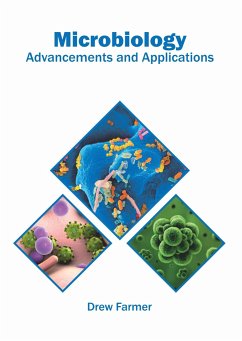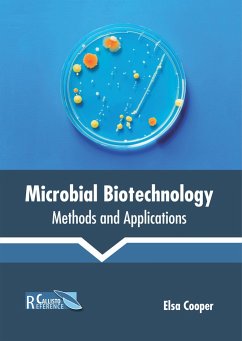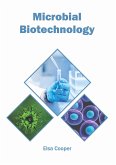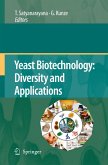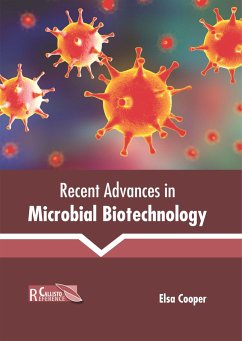The study of acellular, unicellular and multicellular microorganisms is termed as microbiology. It has a number of significant sub-disciplines, which include parasitology, virology, bacteriology and mycology, among others. Culture, staining and microscopy are some traditional techniques of this field. Modern microbiology often relies on molecular biology tools like DNA sequence based identification for bacterial identification. Microbes can be used to produce biotechnologically significant enzymes such as reporter genes and Taq polymerase for use in molecular biology techniques and other genetic systems. Bacteria are useful in the industrial production of amino acids and for the synthesis of antibiotics. Symbiotic microbial communities help animal and human health by aiding digestion, suppressing pathogenic microbes and producing beneficial amino acids and vitamins. This book provides comprehensive insights into the field of microbiology. It traces the progress of this field and highlights some of its key advancements and applications. Students, researchers, experts and all associated with this field will benefit alike from this book.
Hinweis: Dieser Artikel kann nur an eine deutsche Lieferadresse ausgeliefert werden.
Hinweis: Dieser Artikel kann nur an eine deutsche Lieferadresse ausgeliefert werden.

